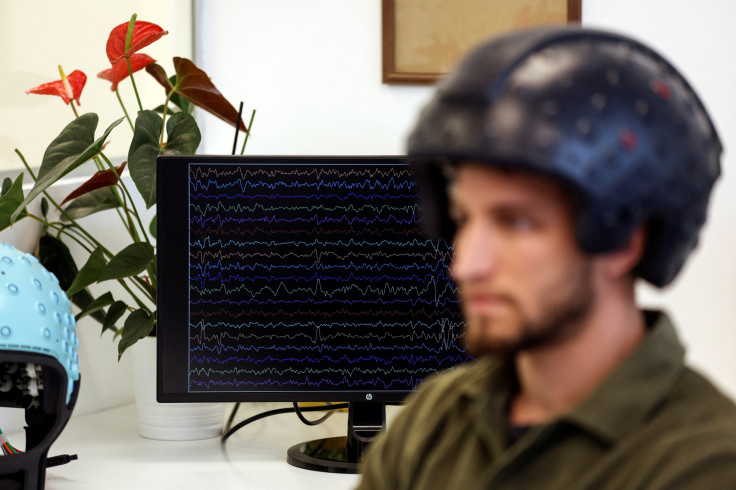Brain waves are directly linked to memory, a new study suggests
According to a study from the University of Arizona, remembering events can trigger brain rhythms more than people are experiencing an actual event.

The human brain is a truly fascinating marvel of design, potentially capable of many more incredible feats of science, and is undoubtedly also the most complex part of the human body. Just one human brain contains approximately one billion neurons, which is about the same as the number of sparkling stars in the Milky Way.
These hundreds of millions of neurons are well-known in the field of neuroscience for producing rhythmic patterns of electrical activity within the brain. However, one of the most common questions in neuroscience is this – what exactly is the primary drive of these rhythmic signals?
Well, researchers at the University of Arizona may have come closer to an answer due to the results of their recent study that delved into the human mind.
They have found that the act of simply remembering events can trigger these rhythmic signals substantially more than experiencing the actual event.
Researchers at the university focused primarily on a phenomenon known as theta oscillations, which emerge in the brain's hippocampus region during activities such as sleep, navigation and exploration.
The hippocampus in particular plays a crucial part in the brain's ability to remember events from the past, significant or otherwise.
Sarah Seger, lead author and graduate student in the Department of Neuroscience, said: "Surprisingly, we found that theta oscillations in humans are more prevalent when someone is just remembering things, compared to experiencing events directly."
Additionally, senior author and professor of cognition and neural systems, Arne Ekstrom, stated the results of the study could have implications for treating patients with brain damage and cognitive impairments, including Parkinson's disease and those who have suffered from a stroke.
Professor Ekstrom also added that memory could be used to create simulations within the brain and drive these theta oscillations, potentially leading to improvements in memory over time.
To conduct the study, researchers recruited 13 patients from the University of Texas Southwestern Medical Centre, all of whom were being closely monitored in preparation for epilepsy surgery.
As part of the monitoring process, electrodes for detecting seizure activity were carefully implanted into the recruited patients' brains. Using these devices, the researchers were able to record the theta oscillations present within each hippocampus.
Additionally, each of the patients participated in a virtual reality experiment, which involved them using joysticks to navigate between shops in a virtual city.
Once they had reached the correct destination, the virtual reality was paused, followed by the researchers asking the patients to imagine the location at which they started, and then mentally navigate the route they had just travelled.
This mental navigation allowed the researchers to compare theta oscillations with the patients' subsequent recollection of the route.
During the navigation process, the oscillations were less frequent and shorter in duration compared to the oscillations that occurred when participants were merely imagining the route.
From this observation, the researchers concluded that memory is a strong driver of theta oscillations within the human brain.
One way to compensate for impaired cognitive function is by using cognitive ability training and rehabilitation, Ekstrom stated.
In the future, Professor Ekstrom hopes to conduct further research in freely-walking patients, as opposed to patients in beds, and find out how freely navigating compares to memory with regard to brain oscillations.
© Copyright IBTimes 2025. All rights reserved.






















